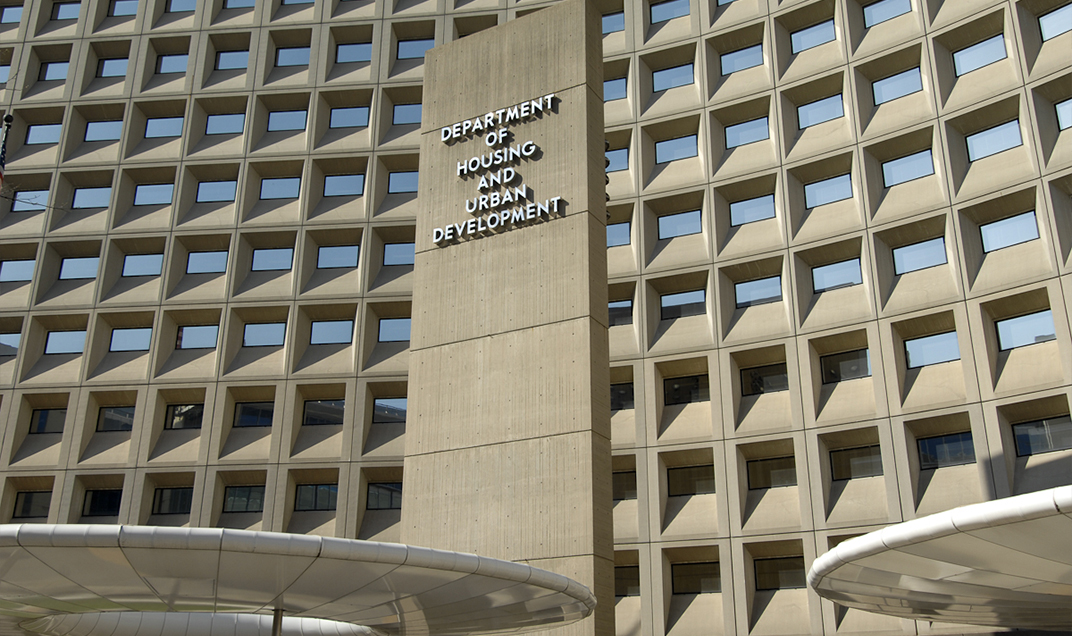
- Details
- By Chez Oxendine
- Real Estate
The U.S. Department of Housing and Urban Development has allocated more than $1.1 billion through its Indian Housing Block Grant program for fiscal 2025. The formula-based awards are intended to help Native American tribes, Alaska Native villages, and Tribally Designated Housing Entities modernize existing units and expand affordable housing in Indian Country.
HUD’s awards list details awards from $110,000 for smaller tribes in Alaska to $130 million for the Navajo Nation. The grants stem from the Native American Housing Assistance and Self-Determination Act (NAHASDA) of 1996, and address chronic housing shortages in remote and high-need communities. The funding will support various initiatives, from new construction and rehabilitation to operational improvements and infrastructure upgrades.
“Today's announcement reaffirms our commitment to serve Tribal communities while working towards meeting Indian Country's housing needs,” HUD Secretary Scott Turner said in a statement. “I look forward to collaborating directly with Tribal leaders to expand housing opportunities.”
At $1.1 billion, the formula awards align with record-high FY 2024 allocations, alongside $150 million in competitive grants issued earlier this year. However, as previously reported by Tribal Business News, these funds face a precipitous drop should Congress approve budget recommendations issued by President Donald Trump in early May.
Trump proposed fiscal 2026 budget calls for profound cuts in non-defense discretionary spending at HUD. The proposal would eliminate NAHASDA’s competitive grants entirely, and slash formula spending to an estimated $700 to $800 million. That would bring formula funding back in line with average levels from fiscal 2022 and fiscal 2023, according to a Congressional Research Service report.
Tribal Business News reached out to HUD to discuss potential cuts, but did not receive a reply by press time.
While HUD’s disbursement for fiscal 2025 maintains upward momentum laid out in 2024, responses to Trump’s proposal to cut that funding back have been sharp.
“This budget proposal would decimate investments to help families afford the basics,” Sen. Patty Murray, D-Wash., the top Democrat on the Senate Appropriations Committee, said in a statement.
As Congress begins its deliberations on next year’s appropriations, the fate of HUD’s programs that support Indian Country remains uncertain. With tribal governments and advocacy groups mobilizing to protect available funding, the coming weeks could prove pivotal in determining whether fiscal policy will continue to support, expand, or contract the federal role in ensuring affordable housing for Native Americans.
Tribal leaders and housing advocates have voiced concern over the Trump administration’s push to reduce spending in an area perceived as “vital to generational wealth and stability.”
“Affordable housing is the backbone of community well-being,” said a Native housing advocate speaking on background. “Eliminating competitive NAHASDA grants would leave tribes with fewer options to pursue locally driven projects.”
